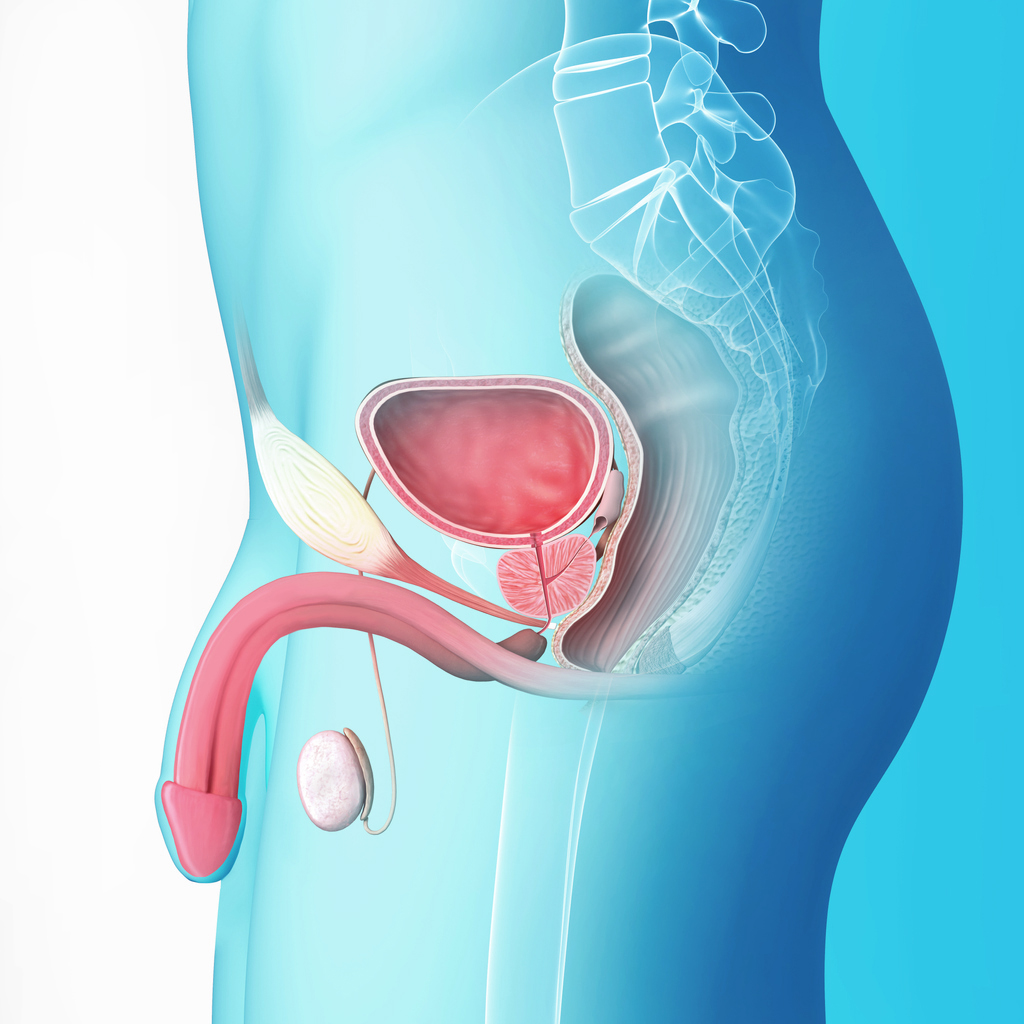
Urethral stricture
Urethral stricture is associated with difficulty urinating and in the long term, can lead to urine infections, incontinence or urine leakage, poor urine flow, urgency and increased urination.
The symptoms of this pathology can be confused with a prostate condition in men or recurrent urinary tract infections in women.
GUA's team of urologists provides professional care for people of all ages with urinary tract problems. With our well-proven protocols, we strive to get our patients back on their feet in the shortest possible time and with the most successful results possible.
What is urethral stricture?
Urethral stricture is the narrowing or reduction in caliber of the urethra, which is the tube that expels urine from the bladder to the outside. It is more common in men than in women because the male urethra is much longer.
What are the causes of urethral stricture?
The cause may be secondary to urethral infections, trauma or traffic accident, previous urological surgeries, bladder catheterization, or sometimes we do not find a clear reason for the appearance of stricture.
What are the symptoms of urethral stricture?
The symptoms of urethral stricture are those derived from the obstruction and increased resistance to the outflow of urine. If this obstruction occurs over a long period of time, it can cause problems in other organs such as the bladder or even irreversible loss of kidney function. Characteristic symptoms:
- Dribbling at the end of urination.
- Loss of strength in the urinary stream.
- Urgent and frequent urination.
- Urinary tract infections, urinary incontinence or urinary retention.
- Ejaculation without force or with pain.
As these symptoms are very non-specific and can be confused with other pathologies such as benign prostatic hyperplasia or bladder dysfunction, we should consult a specialist in this disease so that they can suspect it and request complementary diagnostic tests to confirm urethral stricture.
How is urethral stricture diagnosed?
At GUA located in Las Palma de Gran Canaria, our specialists will ask about the symptoms and perform a thorough physical examination. Once suspected, the following tests will be ordered on a case by case basis:
- Urinalysis: look for signs of infection, blood or cancer in the urine.
- Flowmetry: measures the strength and amount of urine flow.
- Urethral and abdominal ultrasound: assesses the extent of stricture.
- Retrograde and voiding urethrography: This is an X-ray with contrast used to paint the urethra in order to study the extent and location of the stricture.
- Cystoscopy: examines the urethra and bladder using a thin, tube-like device with a lens (cystoscope) to view these organs.
- Urodynamic study: This is the equivalent of an electrocardiogram in the bladder. It studies the physiology and function or possible repercussions of the obstruction on the bladder, prostate and urinary sphincter.
What are the approaches and treatments for urethral stricture?
Treatment depends on the particular situation of each patient. The approach should be discussed and analysed together (doctor-patient) because each treatment has pros and cons.
As a general rule, if possible at GUA located in Las Palmas de Gran Canaria, we prefer to perform the urethroplasty technique as, when performed early without previous surgeries, it avoids several endoscopic urethrostomy surgeries and has a higher success rate so that the stricture does not reappear.
The following alternative guidelines are also available:
- Intermittent catheterisation. Self-catheterisation may be an option if you are diagnosed with a short stenosis and in selected patients.
- Dilatation. For recurrent urethral strictures, this procedure is available. The physician inserts a small cannula through the urethra into the bladder. Increasingly larger dilators are passed over the cannula to gradually increase the size of the urethral opening.
- Terminal or buccal mucosal urethroplasty. It is a procedure that involves surgical removal of the narrowed parts of the urethra or widening of the urethra. In addition, the procedure may involve reconstruction of surrounding tissues. Tissues from other areas of the body, such as the skin or mouth, can be used for grafting during reconstruction. It has very good results. For short strictures we use the term-terminal technique, which are smaller than 1 cm, and for long urethral strictures, which are larger than 1 cm, grafting with buccal mucosa.
- Endoscopic urethrotomy. This is surgery through the urethra where an instrument with a camera, the cystoscope, is inserted and a laser or cold cut is made depending on each case. This procedure has a faster recovery and is ambulatory, although it is true that there is a greater possibility of the stricture reappearing than in urethroplasties. In our centre we believe that if the stricture is short, it is worth a try.
- Optilume It is a treatment with a cure rate of about 80% per year that offers the advantages of endourethral or minimally invasive treatments since patients do not have to undergo surgery or spend a night in the hospital. On the other hand, it is a procedure almost as effective as surgery but much simpler and safer. The results of this treatment can be appreciated by patients from the very first moment. The procedure is performed on an outpatient basis and without the need for anesthesia, although it is more comfortable for the patient to perform it under sedation. A balloon is placed in the urethra to open it and the drug Paclitaxel, which is an antiproliferative, prevents cell division, which stops tissue growth and prevents the urethral fragment with the stricture from growing again.
Our specialists
Don't let urological concerns get to you. Schedule an appointment with our expert urology team for accurate diagnosis and treatment.







